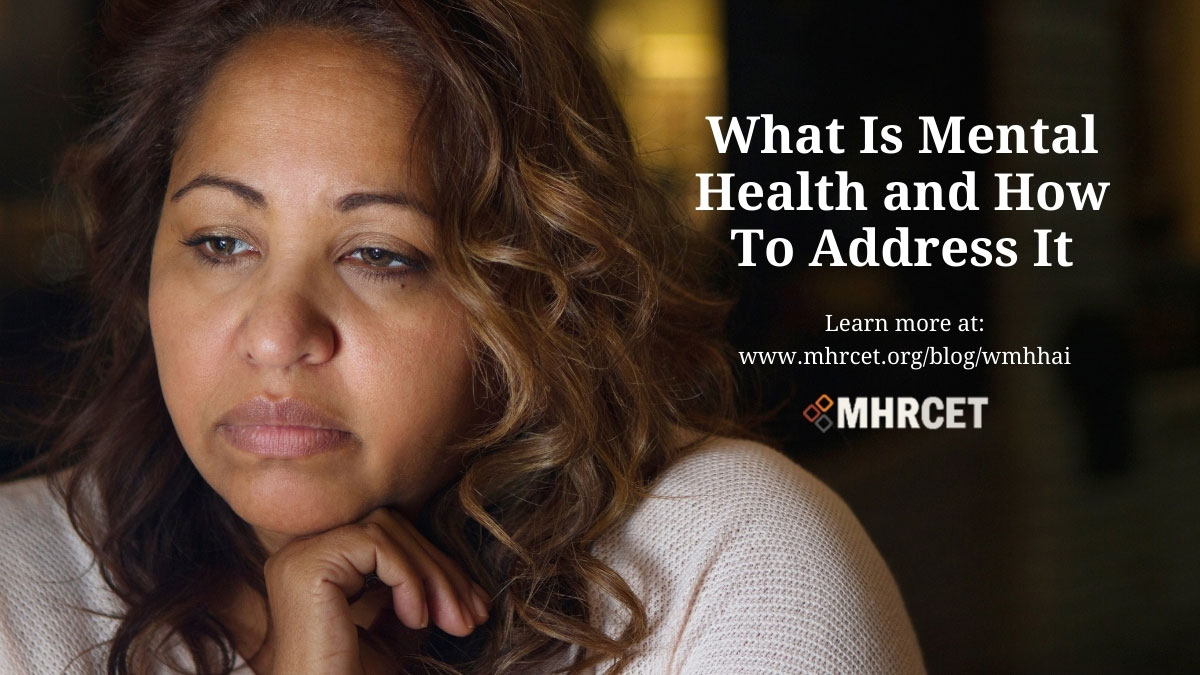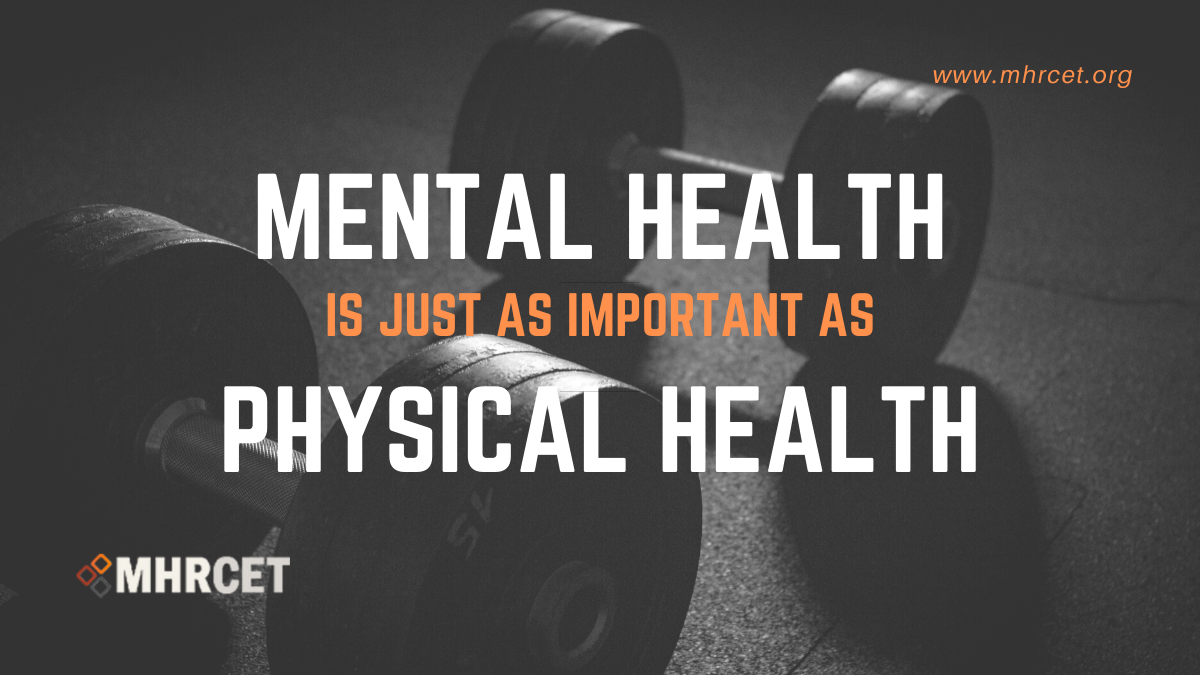by Thenushaa Kandiah
When we think of mental health disorders more common topics such as depression and anxiety tend to be discussed. However, a challenge that 1 in every 25 individuals faces, yet is less discussed, is Bipolar Disorder (BD). As defined by the American Psychological Association, BD is a manic-depressive psychiatric illness characterized by mood fluctuations ranging from mild hypomania or depression, to severe forms of mania or psychosis.
There are three types of Bipolar Disorder:
- Those with Bipolar I may have manic episodes so severe they require hospitalization, followed by intense depressive episodes that can last up to two weeks.
- Individuals with Bipolar II experience similar alternating symptoms, however they are lower in intensity and duration.
- The most severe form is Cyclothymic Disorder, which is defined by periods of hypomanic symptoms as well as depressive symptoms lasting for at least 2 years; these symptoms do not meet the requirements for ‘episodes’ seen in Bipolar I and II, which is why it is separated from the two.
Manic episodes can consist of a more energetic state of being, feeling more irritable, elated (high spirits) and/or self-confident. Individuals may express these feelings by engaging in more impulsive or erratic behaviors, such as participating in risky activities or even talking with an increased speed and excitability. Physiologically, those in a manic disorder also tend to show a loss of appetite.
On the other hand, individuals in a depressive episode may feel excessively sad, down, hopeless, and worthless. This can show in an increased appetite and weight gain, as well as less expressed interest in daily activities. Unlike the manic state, individuals may speak very little when in a depressive episode and are more susceptible to suicidal thoughts.
Factors which increase likelihood of bipolar disorder include both biological predispositions and environmental influences. For instance, individuals with a first-degree relative with bipolar disorder are more likely to develop it themselves. Traumatic experiences, substance abuse, and other existing disorders also increase risk for developing bipolar, as it has comorbidity with anxiety and eating disorders, as well as ADHD and physical health issues.
Common treatments for bipolar disorder include medications, such as mood stabilizers and anti-psychotics, as well as a variety of therapies; and Cognitive Behavioral Therapies (CBTs) such as psychotherapy help a person to identify and change disturbing emotions, thoughts and behaviors.
Resources:
https://psycnet.apa.org/record/2008-11035-010
https://www.sciencedirect.com/science/article/abs/pii/S0140673602074500
https://www.nimh.nih.gov/health/topics/bipolar-disorder/index.shtml














